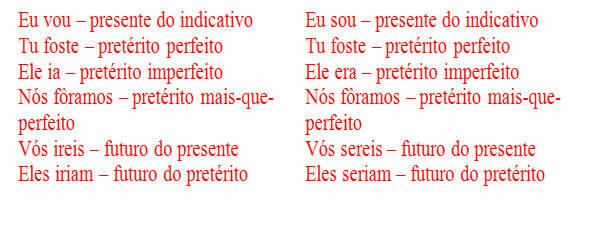My daughter is a genius!
My teacher is my idol!
Catarina was an angel in my life!
Can you identify what's wrong with the above sentences? No? So you need to know what the super common nouns. To begin our studies of this peculiar type of noun, let's correct the examples:
My daughter is a genius!
My teacher is my idol!
Catarina was an angel in my life!
And now? Could you identify what was wrong? Probably yes, isn't it? The words genius, idol and angel have in common the fact that they are supercommon nouns, that is, nouns that do not admit gender variation, that is, they are either just male, or just female. This type of noun, unlike most names, is not gender-inflected and, for the sake of agreement, the sentences in which they are inserted should not be syntactically modified.
Here's just a few more examples of supercommon nouns:
the child |
the witness |
the individual |
the victim |
the creature |
the spouse |
the executioner |
the hangman |
the being |
the member |
the monster |
the baby |
the being |
the executioner (synonymous with executioner) |
end |
planet |
comet |
map |
ghost |
tree |
tribe |
catastrophe |
hyperbole |
language |
As with supercommon nouns, epicene nouns they also do not suffer gender inflection. The difference between them is that Epicene nouns are used just to designate animals of both sexes. If you want to determine the sex of supercommon nouns, you can make the following syntactic constructions:
The victim, a 75-year-old woman, had her purse stolen in Praça da Sé.
The child, a ten-year-old boy, won the school's essay competition.
A male snake of a rare species is the newest resident of the Brasília zoo.
A female alligator invaded the pool of the house that is close to the forest.
Take the opportunity to check out our video lesson related to the subject:


